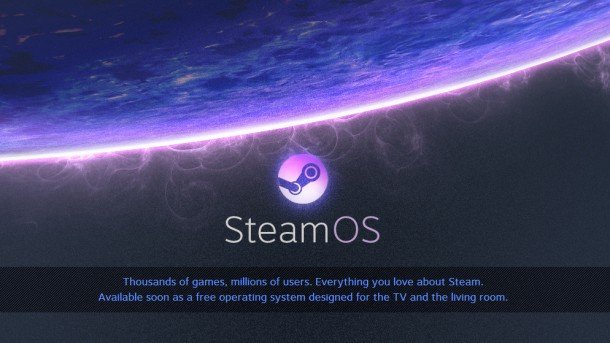Linux developer says focus on free OS will benefit both players and programmers

After Valve revealed plans for a Linux-based SteamOS this week, commentary from programmers who port games to Linux is also cropping up. Software developer Ryan "icculus" Gordon has ported a wide variety of games to Linux since the 1990s, starting with Quake 3 Arena and leading up to many games sold through the Humble Bundle program. He tells Gamasutra that Linux has "empowered" both players and developers "to have the system [they] want to have."
Gordon, whose resume includes ports to Linux of big-budget games such as Call of Duty as well as indie titles in the vein of Super Meat Boy, calls users of the Linux system "a giant, largely underserved audience," when it comes to gaming, according to Gamasutra.
"I'm not a flag-waving Free Software fanatic, but I do think that Linux shows what happens when we all decide to work together and build something beautiful, instead of going off into our corners and building lesser things to fight other people building competing lesser things," Gordon says. "As a developer, I'm free to do whatever I want: if I hit a bug in the system, it's not a mysterious black box to me. I can debug it myself, I can fix it myself, I can move forward without waiting for an indifferent corporation to clean up their mess."
Those benefits of openness also extend to players, says Gordon. "If you're on a desktop Linux system, you can't ever get trapped in a paradigm shift like, say, what happened when moving from Windows 7 to Windows 8."
Since Monday's announcement of SteamOS, we've also seen Valve reveal outlines for SteamOS-based Steam Machines and a possibly customizable, open-featured Steam Controller . But the success of a "viable" Linux-based gaming experience will ultimately depend on two key points, according to Gordon: "It takes money and games, and both are flowing in now."
The biggest gaming news, reviews and hardware deals
Keep up to date with the most important stories and the best deals, as picked by the PC Gamer team.

